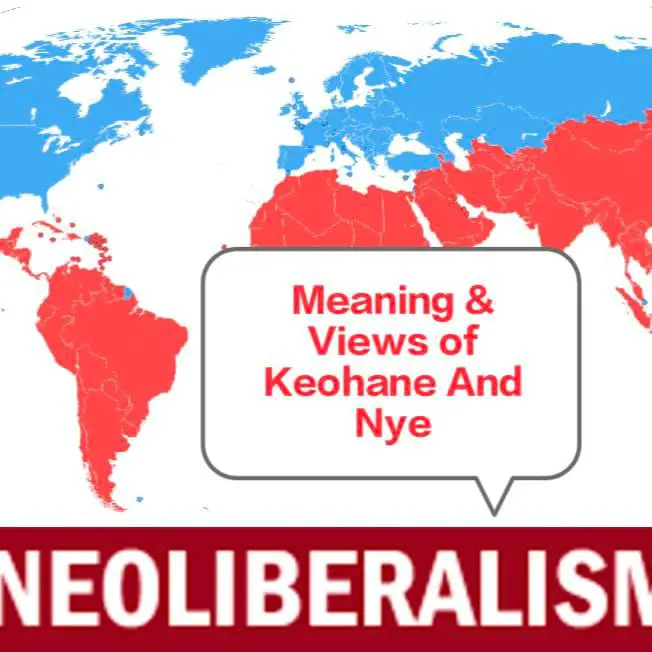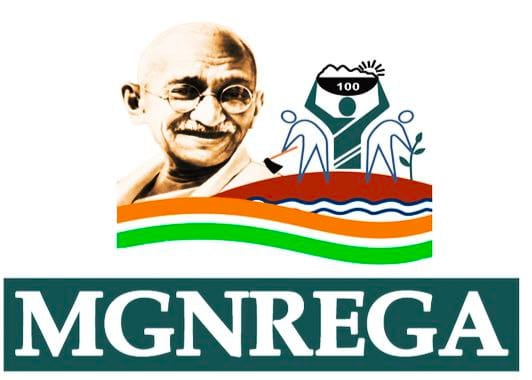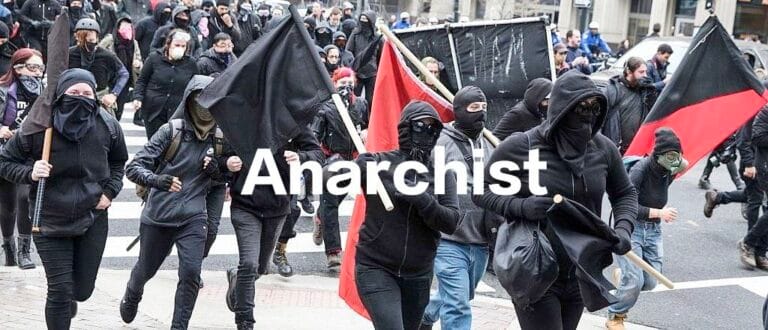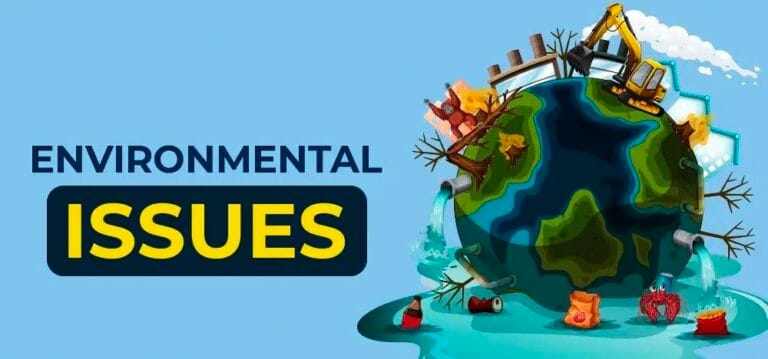Neo-Liberalism : Meaning & Views of Keohane And Nye
Meaning of Neo-Liberalism in International Relations
Neo-liberalism, also known as Neoliberal Institutionalism, is a theory of international relations that emphasizes the role of international institutions, cooperation, and interdependence among states. It is rooted in classical liberalism but adapts to the realities of an anarchic international system where no central authority exists above states. Neo-liberals argue that despite the lack of global governance, states can still achieve cooperation through institutions, economic interdependence, and shared interests.
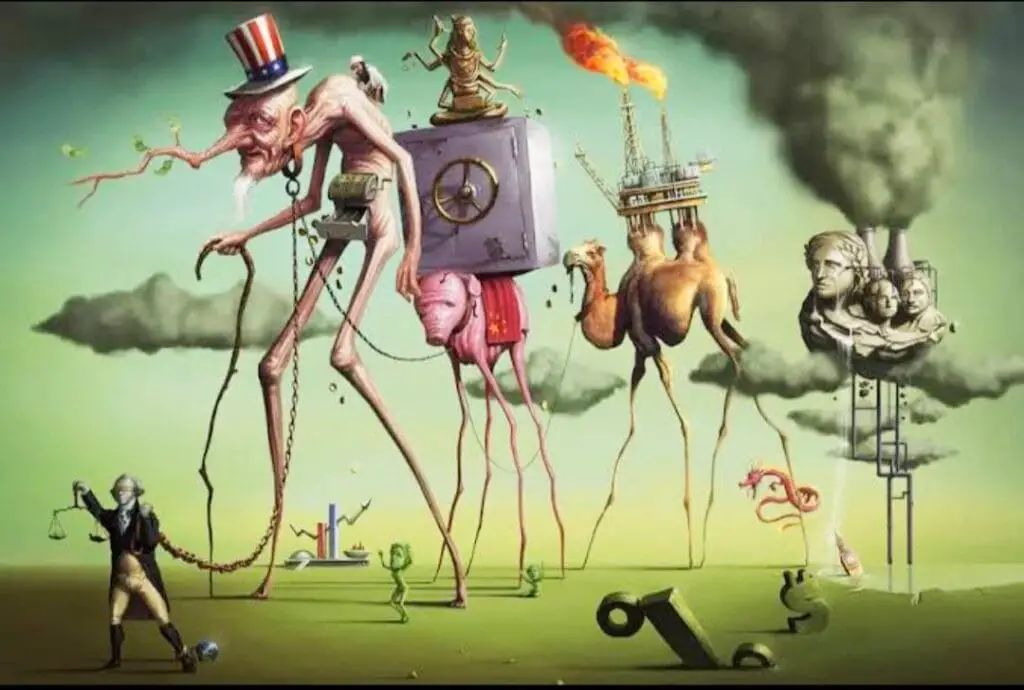
While neo-liberalism acknowledges some realist assumptions, such as the anarchic nature of the international system, it differs from realism by emphasizing the potential for long-term cooperation and the importance of international organizations in mitigating conflict and promoting peace.

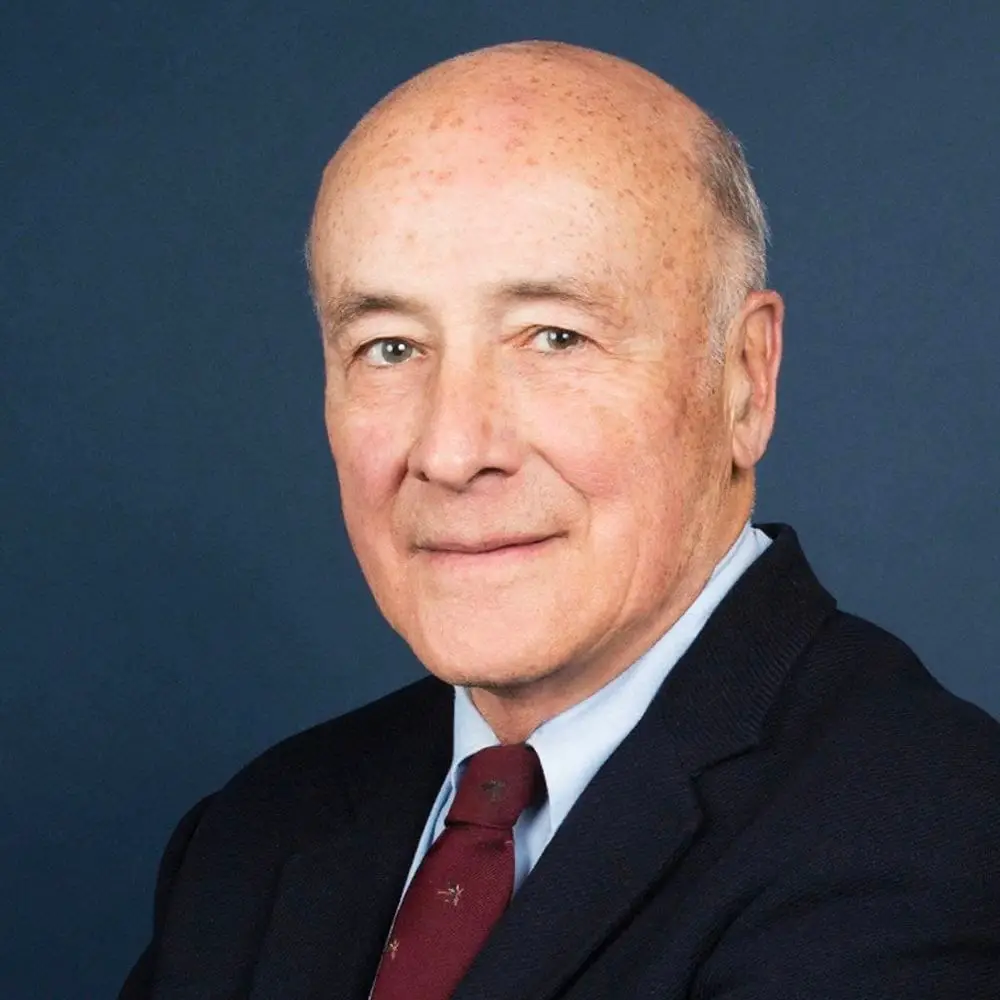
Views of Robert Keohane and Joseph Nye
Robert Keohane and Joseph Nye are two prominent scholars who contributed significantly to the development of neo-liberal institutionalism in the 1970s and 1980s. Their key work, “Power and Interdependence,” laid out the foundations for understanding how international relations could be cooperative, even in an anarchic system.
1. Complex Interdependence
- Keohane and Nye introduced the concept of complex interdependence, which emphasizes the multiple channels through which states interact, including economic, political, and social connections. They argue that in the modern world, states are not solely focused on military power and security concerns.
- Key Features of Complex Interdependence:
- Multiple channels of interaction: States interact not only through official diplomatic or military means but also through informal networks such as multinational corporations, non-governmental organizations (NGOs), and international organizations.
- Non-hierarchical issues: Unlike realism, which prioritizes security and military issues, neo-liberalism argues that states also prioritize other issues, such as trade, environmental protection, and human rights.
- Decline of the use of force: In a world of complex interdependence, military force is less effective in achieving goals because states are economically and politically interdependent. Thus, cooperation becomes more valuable than conflict.
2. Role of International Institutions
- According to Keohane and Nye, international institutions play a central role in facilitating cooperation among states. These institutions help overcome the problem of anarchy by providing a platform for dialogue, reducing uncertainty, and promoting transparency.
- Institutions such as the United Nations (UN), World Trade Organization (WTO), and International Monetary Fund (IMF) allow states to manage global issues collectively and peacefully. They serve as mediators, create norms, and ensure that states follow agreed-upon rules.
- Institutions lower transaction costs and provide mechanisms for resolving disputes, thereby enabling cooperation in areas like trade, environmental policy, and security.
3. Cooperation Under Anarchy
- Keohane and Nye challenge the realist assumption that anarchy makes cooperation impossible. Instead, they argue that even in an anarchic international system, cooperation is possible if states can establish mechanisms to reduce uncertainty and manage interdependence.
- Cooperation becomes rational for states when they recognize the mutual benefits of working together, such as enhancing trade, protecting the environment, or addressing global security threats. International institutions help states overcome the “prisoner’s dilemma” by building trust, ensuring reciprocity, and reducing the likelihood of cheating.
4. Relative Gains vs. Absolute Gains
- Realists argue that states are concerned primarily with relative gains, meaning they focus on how much power or resources they have compared to others. However, Keohane and Nye propose that in many areas of international relations, states are more concerned with absolute gains, meaning they care about the overall benefits of cooperation, even if others also benefit.
- For example, in areas like global trade or environmental protection, all states benefit from cooperation, and concerns about relative power become less important.
5. Power and Asymmetry
- Keohane and Nye do not dismiss the importance of power in international relations, but they argue that power is more complex and less centralized than realists believe. In a world of complex interdependence, power can be diffuse and exercised through economic influence, international institutions, and soft power, rather than just military force.
- They acknowledge that asymmetric interdependence exists, where some states are more dependent on certain relationships or institutions than others. However, even weaker states can leverage international institutions to shape outcomes in their favor.
Conclusion
Keohane and Nye’s Neo-liberal institutionalism challenges the realist perspective by emphasizing the possibility of cooperation in an anarchic world. Their theories of complex interdependence and the importance of international institutions highlight how states can work together for mutual benefit, despite the competitive nature of international politics. Through institutions, transparency, and long-term cooperation, neo-liberalism offers an optimistic view of how global challenges can be managed.

